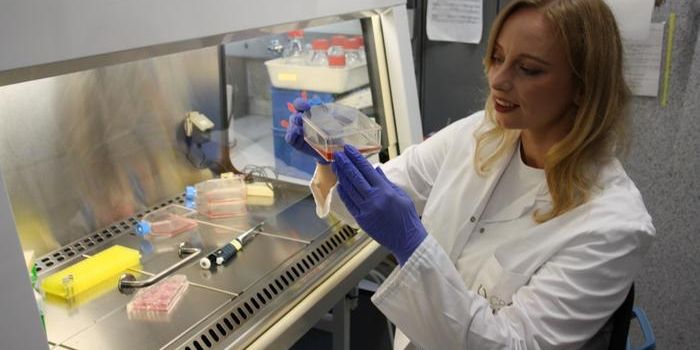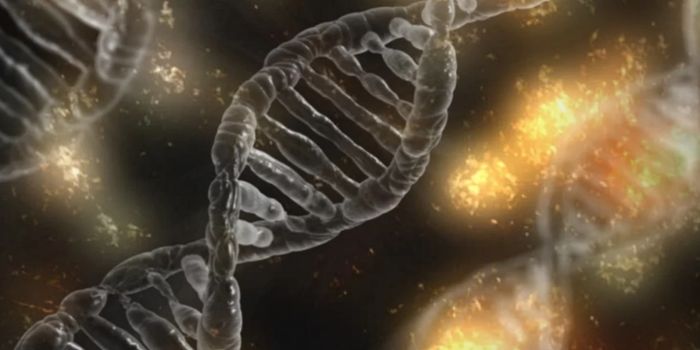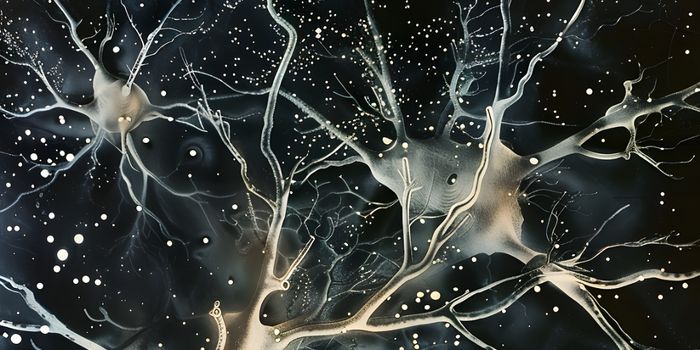How Epigenetics Could Cure Addiction
Addictive behavior is characterized by relapse- being triggered by environmental factors to re-engage in harmful behavior from drug abuse to self harm. One of the major challenges of addiction science is understanding how these triggers work. Now, however, research is emerging showing that epigenetics may hold the answer, alongside new ways we may be able to overcome these behavioral patterns.
Our genetic code remains the same throughout our lives. However, which genes are switched on and off, and how they are expressed, depends largely on our environment- from pollution and economic status to nutrition, stress and trauma. Changes that occur due to these factors are known as epigenetic changes, and appear as chemical tags that attach themselves to specific genes (What Is Epigenetics: 2017).
Studies have shown that when people abuse certain drugs, the nerve cells within their brains’ reward circuitry adapt to these substances at the epigenetic level. These epigenetic adaptations then contribute to life-long, drug-related behavioral changes that enforce addictive behavior (Hamilton: 2019). Thus, research is being conducted to understand more about how these epigenetic changes affect gene expression, and how they may be used to reduce harmful addiction cycles.
A study undertaken by the Medical University of South Carolina for example sought to investigate the influence of epigenetics in triggering addiction-related genes in the early drug-using environment. Knowing that the epigenetic enzyme histone deacetylase 5 (HDAC5) slows rodent brains from making associations between cocaine and environmental cues such as sound and light, the researchers conducted an experiment with rodents to test how this enzyme affected drug-seeking behavior during abstinence (Medical University of South Carolina: 2017).
They first trained a group of rodents to press a lever to receive a dose of cocaine, alongside environmental cues of light and sound. Next, they gave some of them a dose of HDAC5 that traveled straight to the nuclei of their neurons in the nucleus accumbens, part of the brain’s reward center that reacts strongly to cocaine, opioids and alcohol in both rodents and humans. These rodents pressed the lever just as often as those without HDAC5 supplements, meaning that HDAC5 likely does not block genes that promote early drug-seeking behavior (Taniguchi: 2017).
However, after an abstinence period of a week from cocaine, the researchers found that those who had been given HDAC5 were less likely to press the lever for cocaine than those without supplements, despite environmental triggers abound. The researchers thus concluded that although the gene-suppressing enzyme HDAC5 did not prevent addiction, it did prevent addiction-like relapses to some degree (Medical University of South Carolina: 2017). But how?
Using a technique to identify the genes inhibited by HDAC5, the researchers found that NPAS4, a gene known as an early-onset gene for addictive behaviors, was affected by HDAC5. This discovery matches other experiments demonstrating that animals with less NPAS4 in the nucleus accumbens required more time to form associations between environmental cues and cocaine (Taniguchi: 2017). Although promising results, the researchers nevertheless warned that trials on humans are needed before conclusions can be made on how this enzyme may aid humans in combating addiction.
Beyond this finding, however, other research studying the relationship between epigenetic triggers and addiction is also shows some encouraging signs. For example, a group of researchers from Israel’s Bar Ilan University found that rats injected with DNA methyltransferase inhibitor RG108, who were also trained to respond to environmental triggers to take cocaine, stopped seeking out the drug, even in the presence of environmental cues. Additionally finding that methyl donor S-adenosylmethionine had the opposite effect to RG108 in cocaine-seeking behavior, the researchers feel that their findings hold promise in creating drugs that may reverse drug addiction, although human trials are still needed too (Kirkpatrick: 2015).
To conclude, as we understand more and more about the interaction between epigenetics and addiction-related behavior, opportunities to treat addiction using epigenetics are holding more and more promise. However, as studies looking into the field have largely only been conducted on rodents, and not humans, further research is needed before conclusive results may be transferred into treatment for addiction in humans.
Sources
What Is Epigenetics: Whatisepigenetics.com
Hamilton, Peter J: et al: El Sevier
Medical University of South Carolina: Science Daily
Taniguchi, Makoto et al.: Neuron
Kirkpatrick, Bailey: Whatisepigenetic.com










